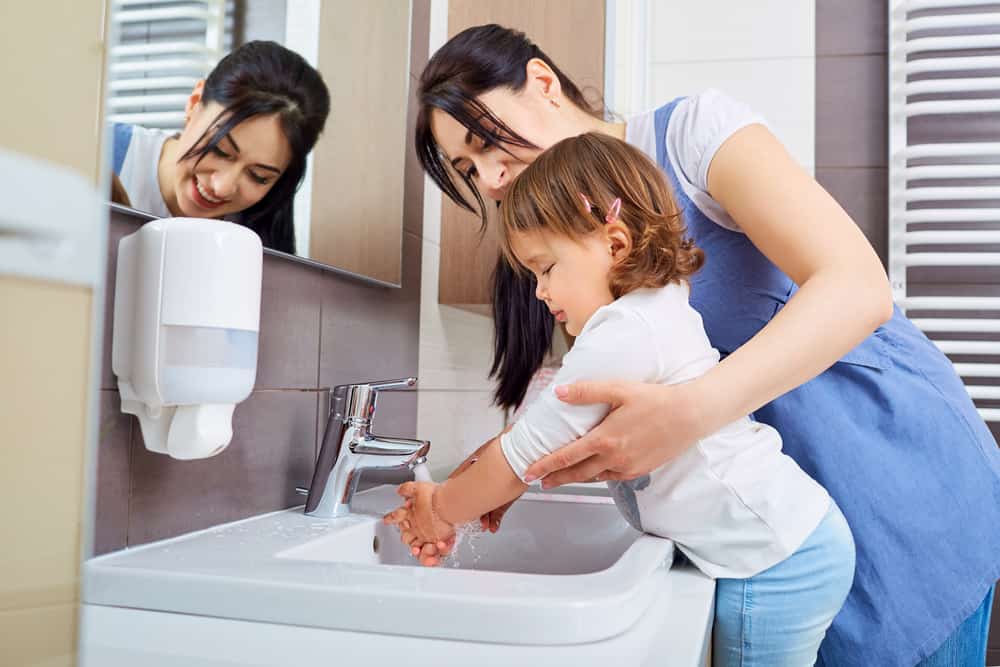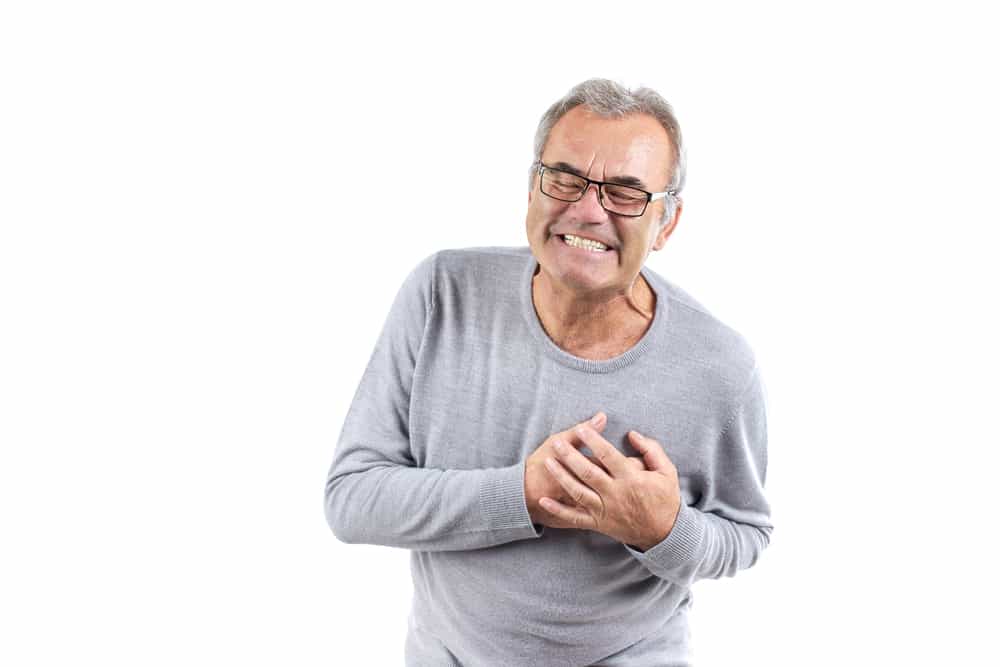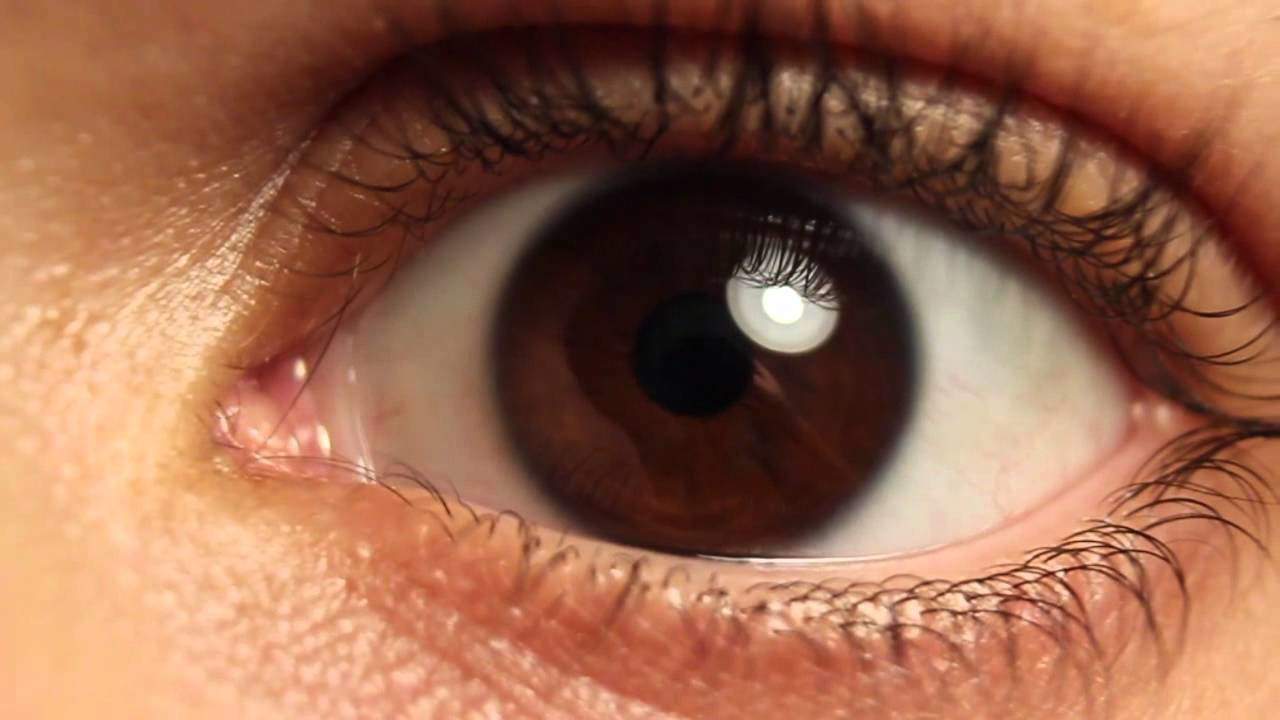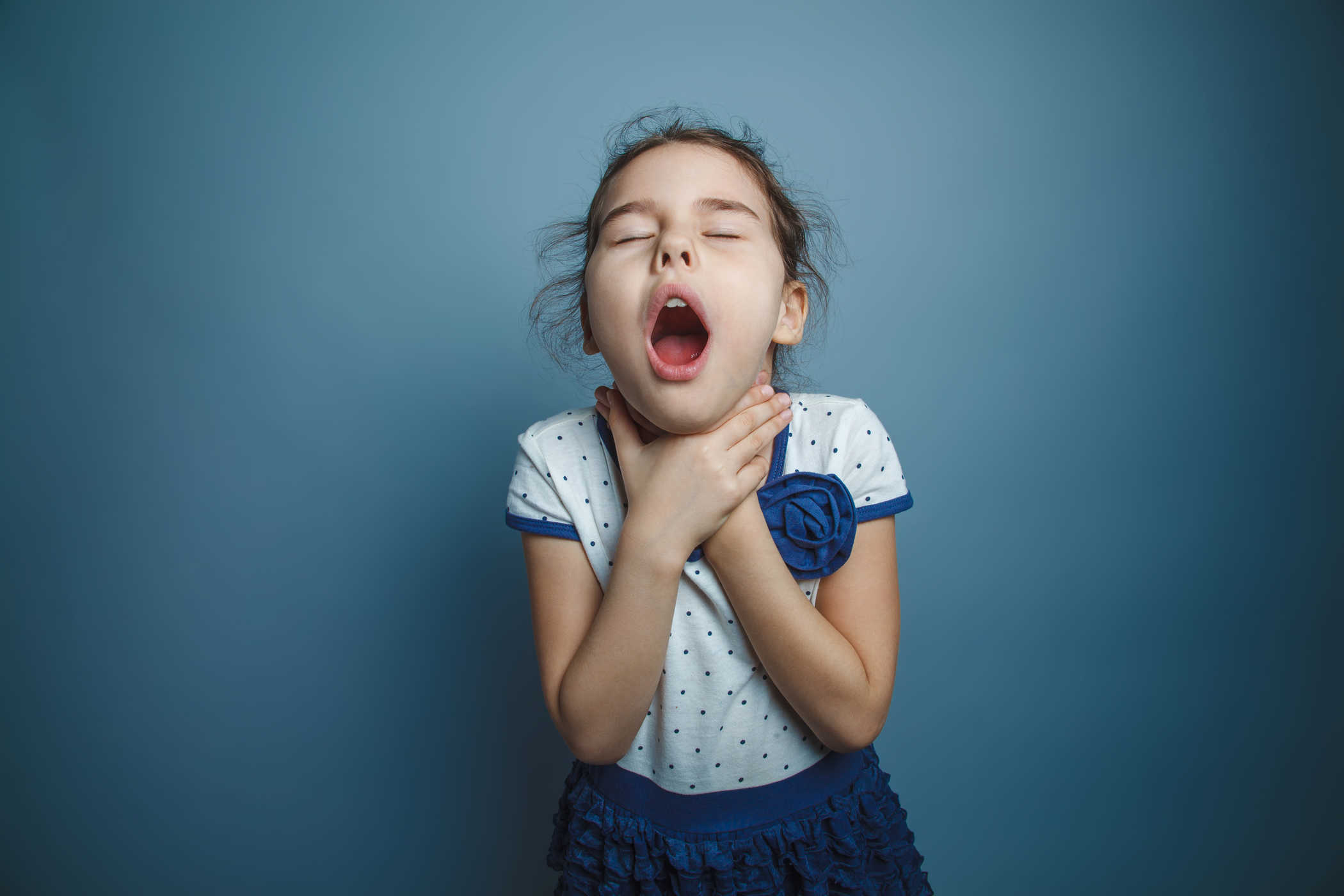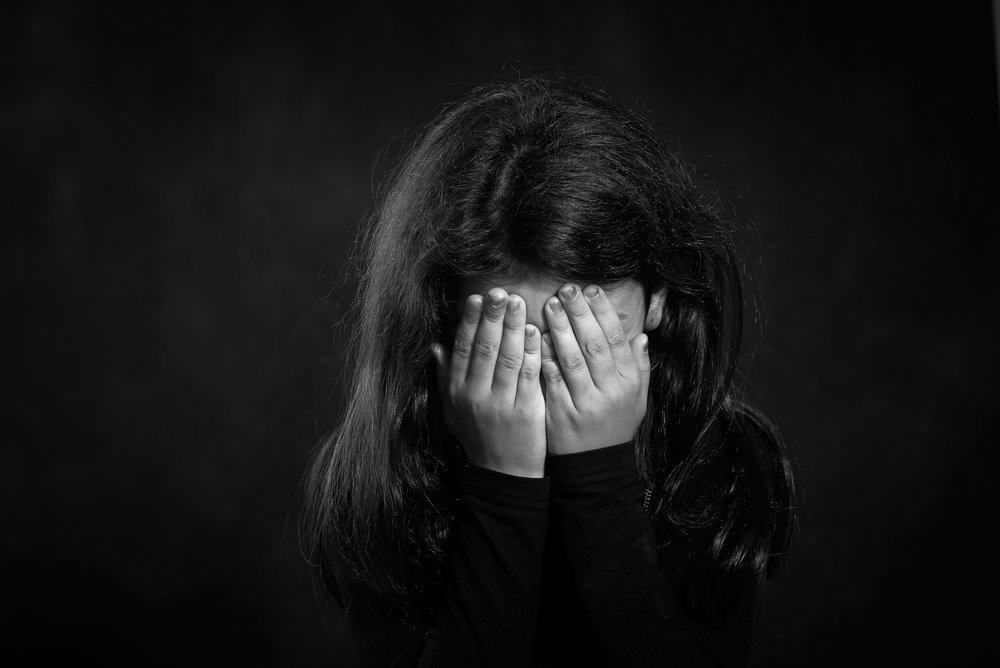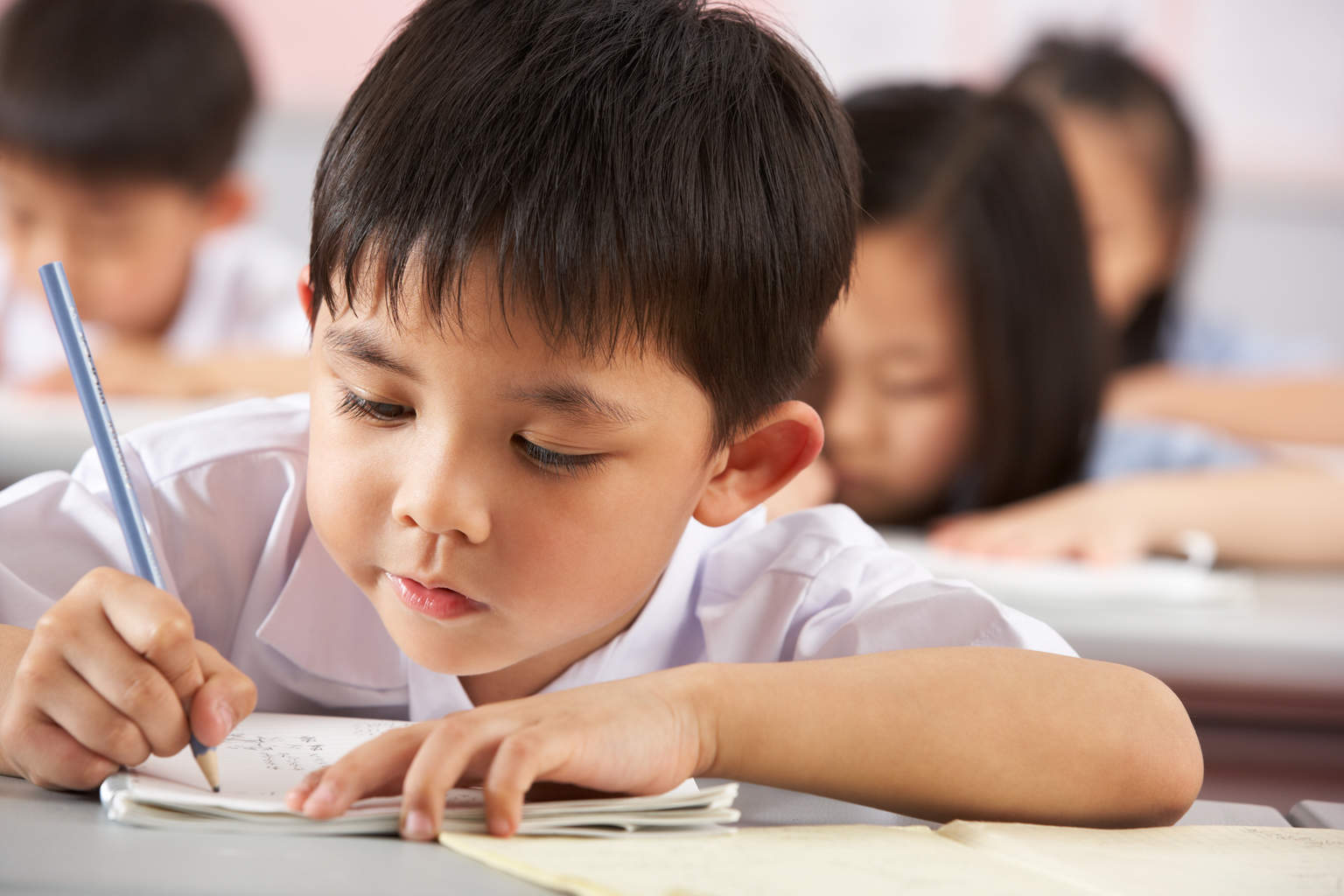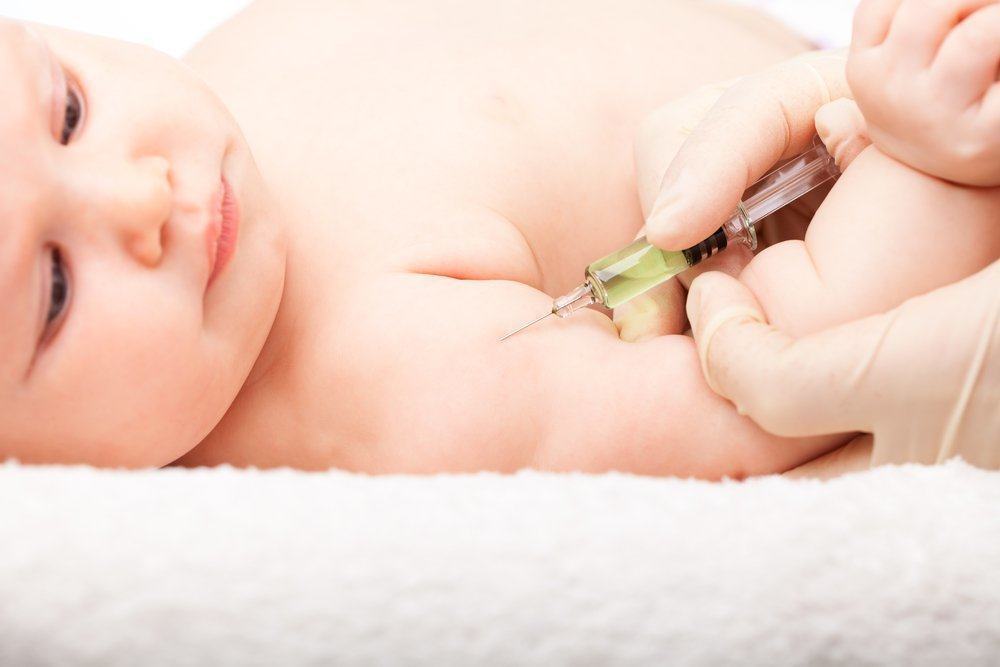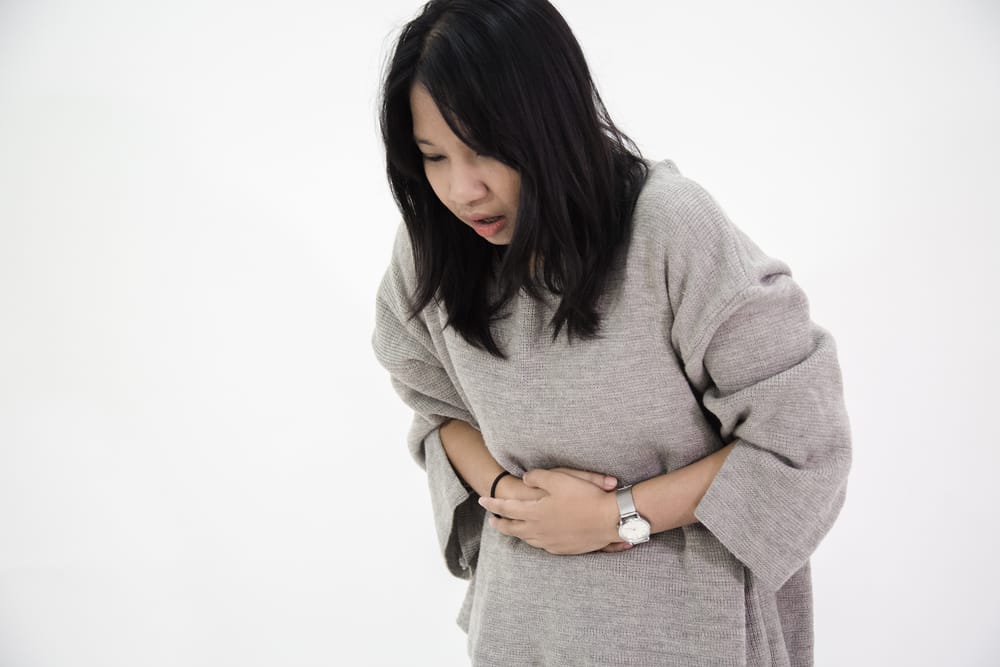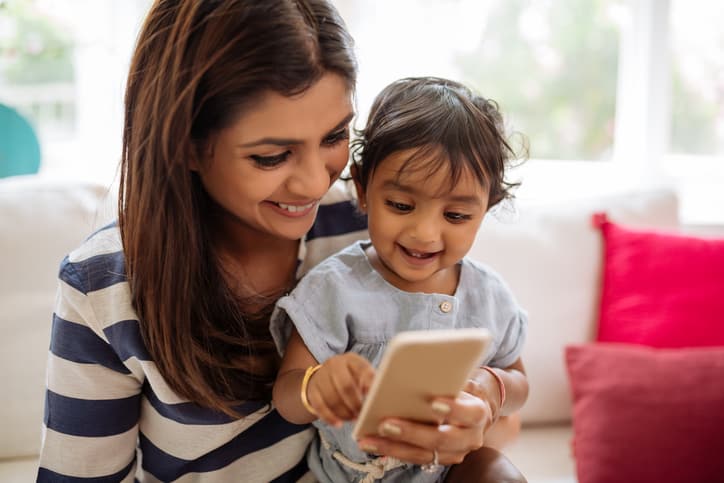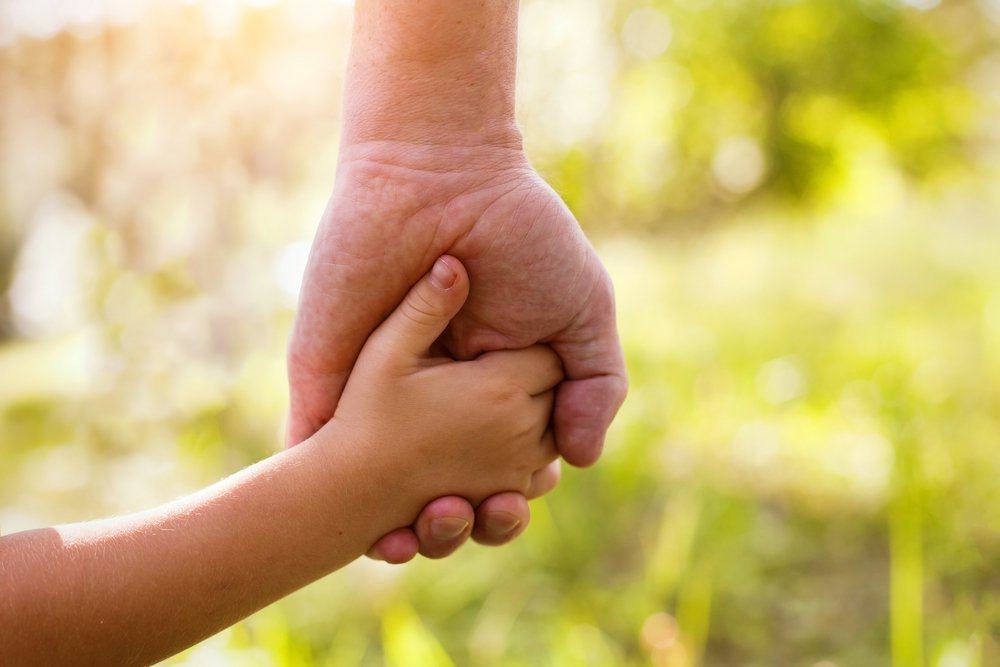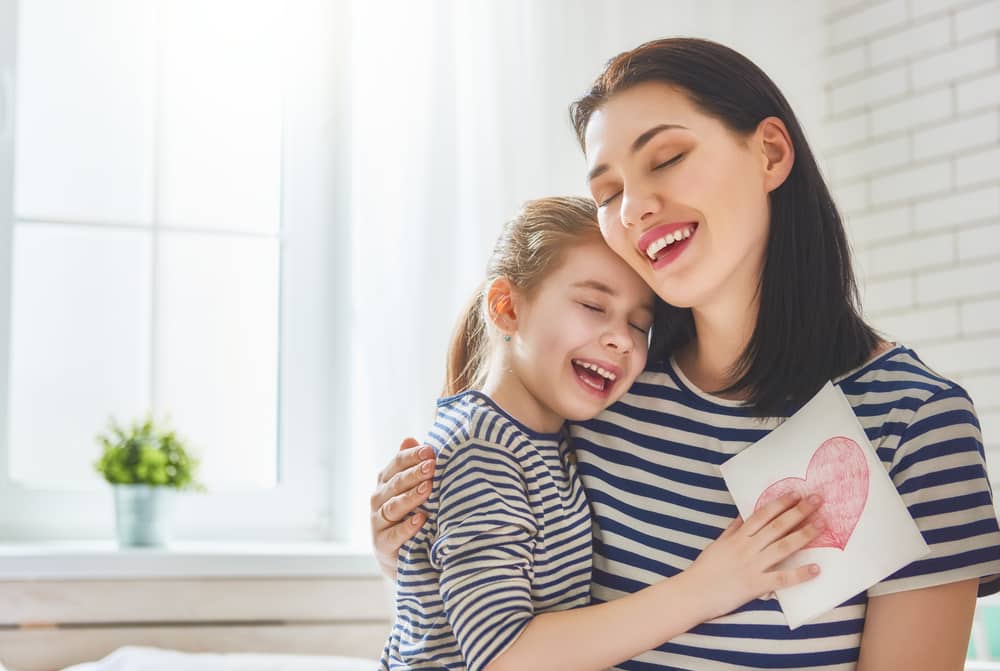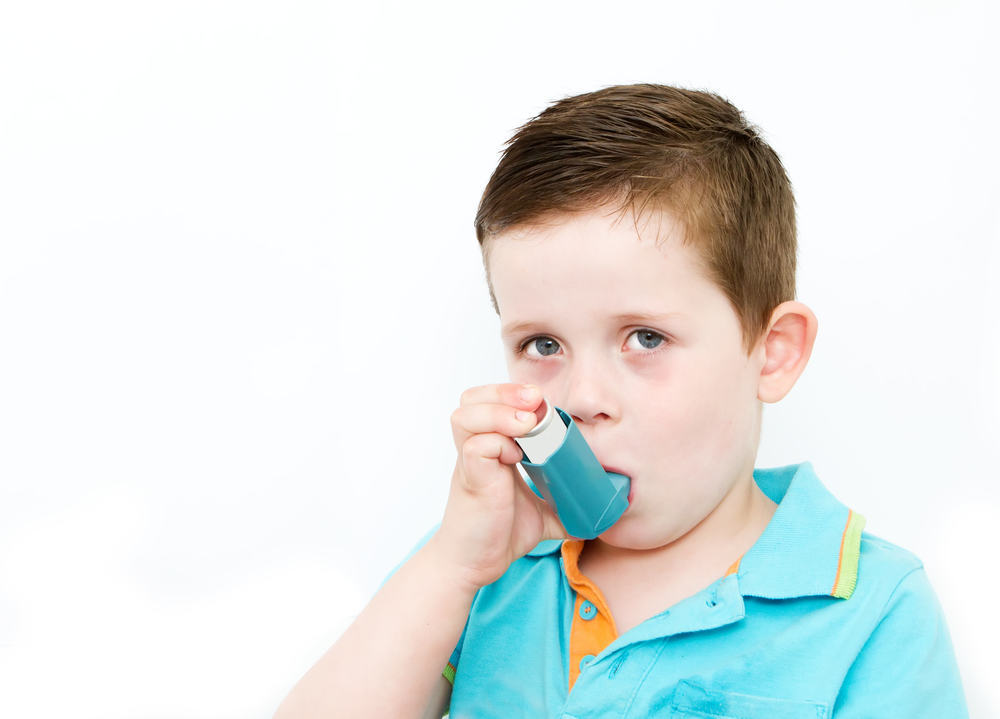Contents:
- Medical Video: 6 Personal Hygiene Habits for Kids | Helps increase Immunity in Kids
- The habit of maintaining personal hygiene that needs to be taught to children
- 1. Regularly wash your hair
- 2. Diligently take a shower
- 3. Caring for skin health
- 4. Maintain oral and dental hygiene
- 5. Clean the armpit
- 6. Wash hands
- 7. Nail health
- 8. Habits in the toilet
Medical Video: 6 Personal Hygiene Habits for Kids | Helps increase Immunity in Kids
Implementing a clean and healthy lifestyle (PHBS) is more than just getting children to wash their hands. Teaching children the importance of maintaining personal hygiene in children from an early age can create good habits that will be inherent for the rest of their lives.
The habit of maintaining personal hygiene that needs to be taught to children
Here are some personal hygiene habits that you can teach your child from childhood.
1. Regularly wash your hair
Most young children need to be taught to wash their hair two to three times a week. Shampooing too often is actually not recommended because it can make the scalp dry and more susceptible to ketombean.
When you start adolescence, the hormone puberty will increase and make your hair more oily. At this time, teach children to wash their hair with shampoo as often as possible, if necessary encourage them to wash it every day.
2. Diligently take a shower
Some small children do not like to take a bath, while others will consider bathing as a fun activity. You can make bathing a fun activity by letting them soak in foam water. Also prepare warm water to rinse them after finishing bathing.
3. Caring for skin health
Pre-school children still need parental help to care for their skin. Skin disorders that often occur at this age are reddish rashes, bruises, and insect bites. You can teach your child to get used to checking their entire body before dressing. Teach them to look for wounds or redness on the skin that needs treatment.
When you grow up, hormonal changes will make your child's facial skin more oily. This increased oil production can cause facial problems such as acne. Many children underestimate pimples on the face by only washing their face with water and any soap. Teach your children to wash their faces two to three days a day and teach them not to squeeze pimples.
If your child is a girl, tell them that sharing makeup with friends can spread skin infections. In addition, sleeping with facial makeup is also not good for facial skin health.
4. Maintain oral and dental hygiene
Clean teeth and gums can prevent various oral health problems, such as bad breath and cavities. Teach children to brush their teeth at least twice a day if not after eating. Older children can be taught to carry toothbrushes in their bags so they can brush their teeth after eating at school. Also teach children from childhood, that it takes at least two minutes to clean teeth properly and correctly.
5. Clean the armpit
Some teens may be lazy to clean their armpits properly and not use deodorants. Sweat can trigger body odor in teenagers, and often starts at the age of 9 or 10 years. Teach your child about the importance of cleaning their armpit area, especially after exercising. Depending on how much your child is sweating, you can recommend antiperspirant deodorants to them. Deodorants usually control bacteria and provide a fragrant aroma, while antiperspirant deodorants have the added benefit of reducing sweat production.
6. Wash hands
Washing your hands is a very important pillar for building your personal hygiene habits. Teach your child to wash their hands before and after eating, after playing in a dirty place or touching an animal, and after making contact with someone who is sick.
Teach also about the importance of washing hands with soap. Wash hands with hand sanitizer less effective than washing hands with running water and soap. Therefore, make it a habit for your child to use hand sanitizer as little as possible while there is still running water and soap for washing hands.
7. Nail health
Nails can be a good place for bacteria to grow. Germs lodged in your child's nails can easily move to the eyes, nose and mouth. Always get your child used to clean dirt under the nails before going to bed. Cutting nails once a week can also remove impurities and reduce the likelihood of canting.
8. Habits in the toilet
Once your child is able to go to the toilet by yourself, you must also ensure that they can maintain their intimate cleanliness. Teach them to clean their pubic organs from front to back, and get them to wash their hands afterwards. This habit can reduce the risk of irritation and prevent infection.
For young women who have had menstruation, teach them to remember their own menstrual cycles so they can prepare sanitary napkins before menstruation. Tell them that their menstrual cycle can still be irregular in the first two years since they menstruate for the first time.

